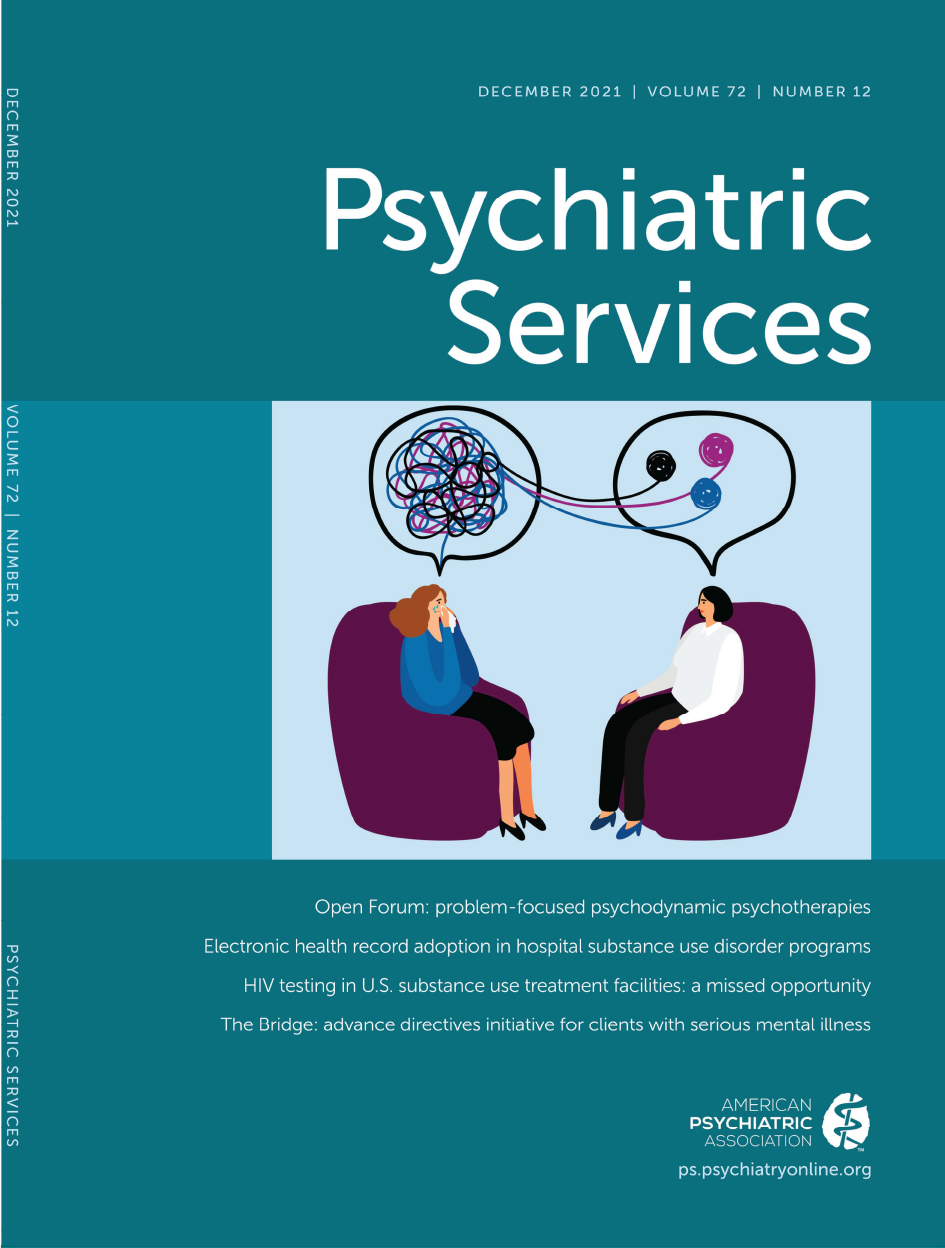Maintenance of Training Effects of Two Models for Implementing Evidence-Based Psychological Treatment
Abstract
Objective:
The authors compared maintenance of training outcomes for two approaches to training college therapists in interpersonal psychotherapy (IPT): train the trainer versus expert training.
Methods:
A cluster-randomized trial was conducted in 24 college counseling centers. Therapists were recruited from enrolled centers, and the therapists enrolled students with depression and eating disorder symptoms. The therapists (N=184) provided data during baseline, posttraining (during the 12 months of expert consultation offered to the expert training group), and maintenance (approximately 7 months after the expert consultation ended). Outcomes were therapist fidelity (i.e., adherence and competence) and IPT knowledge.
Results:
Both groups showed within-group improvement from baseline to the maintenance period for adherence, competence, and IPT knowledge; however, the train-the-trainer group had greater improvement over time in adherence and competence.
Conclusions:
Given that the effects of the train-the-trainer approach were better maintained, and this model’s potential to train more therapists over time, the train-the-trainer approach may help increase dissemination of evidence-based treatments such as IPT.



